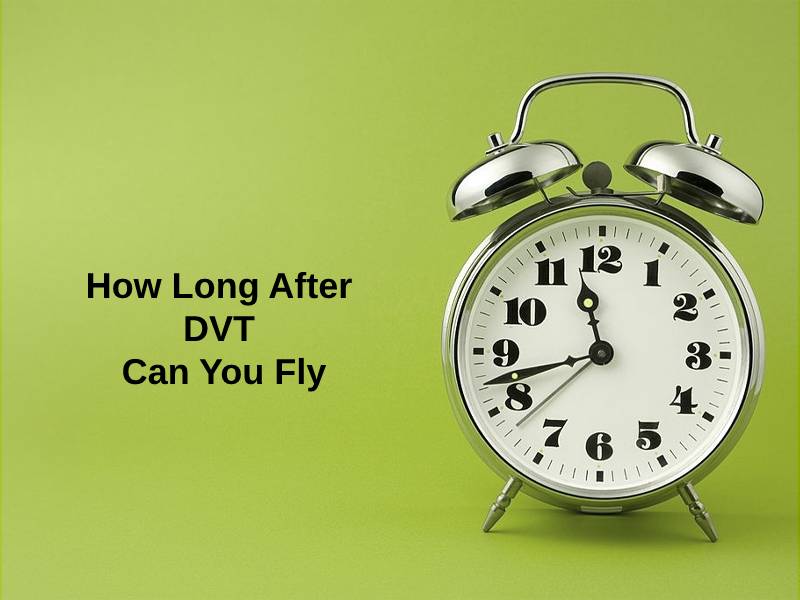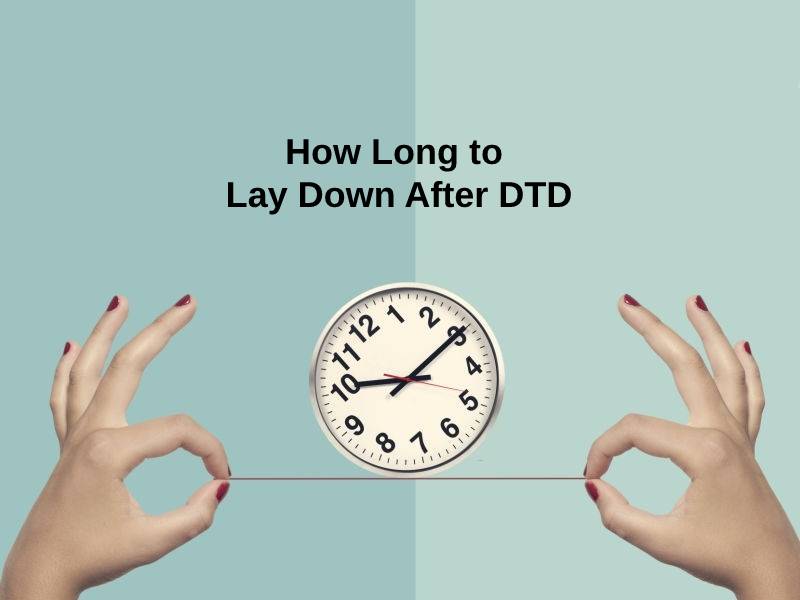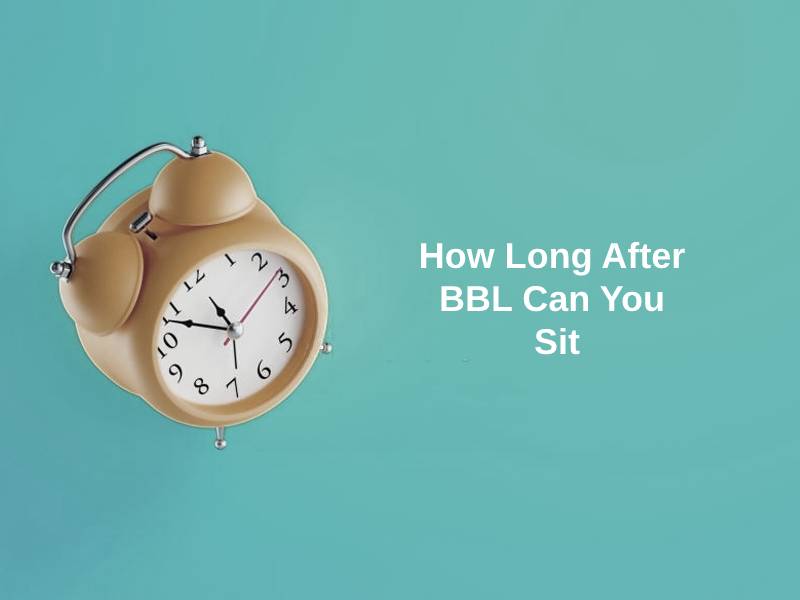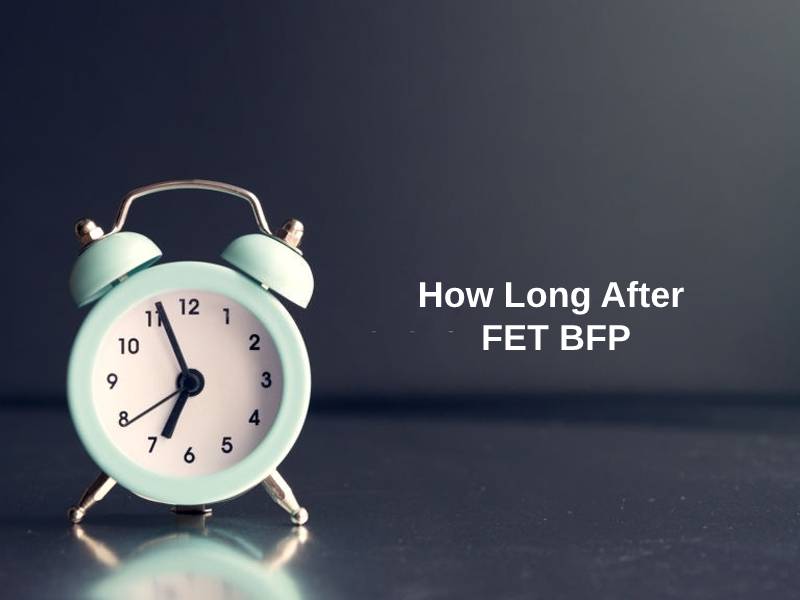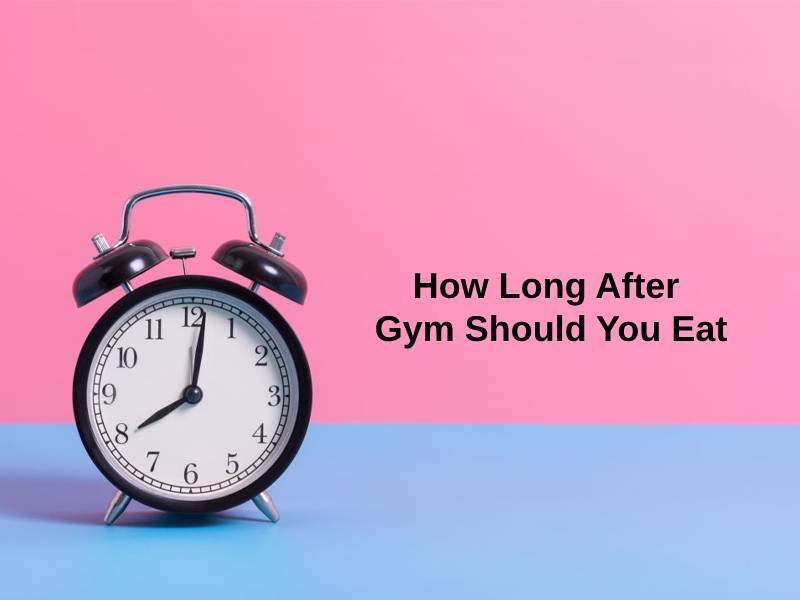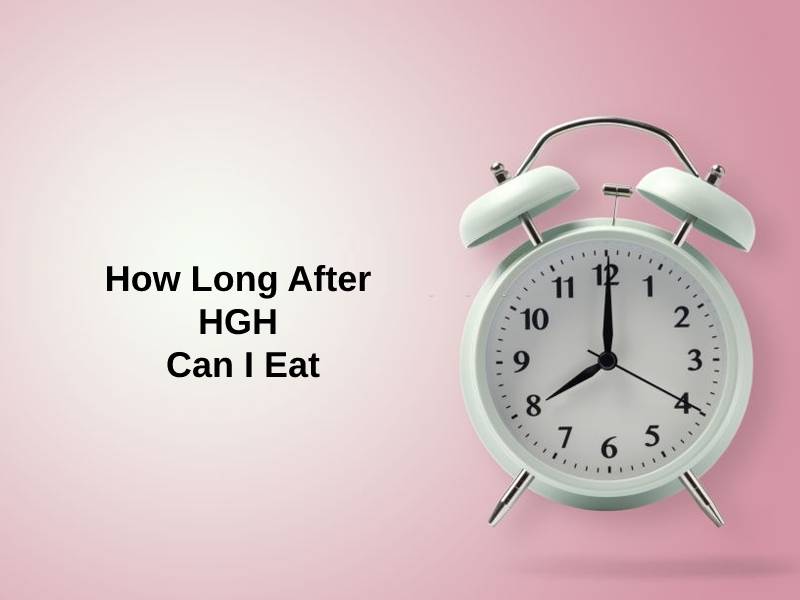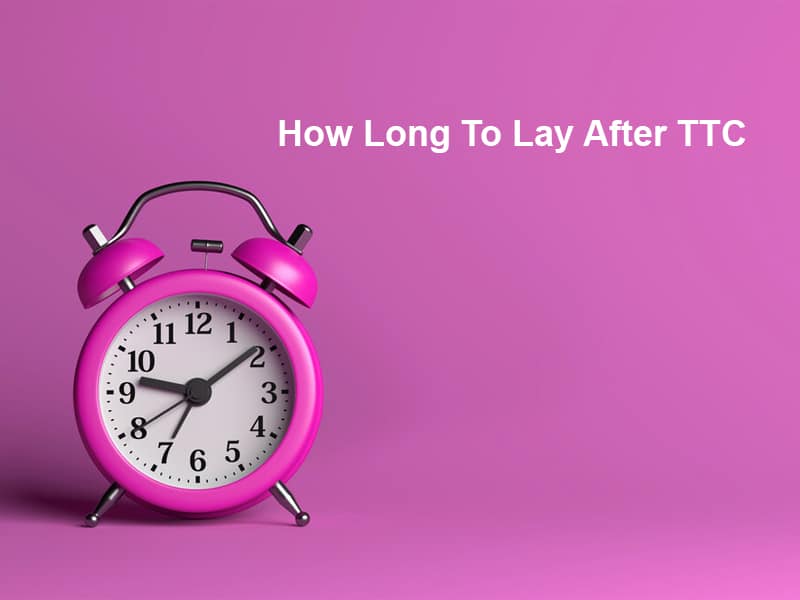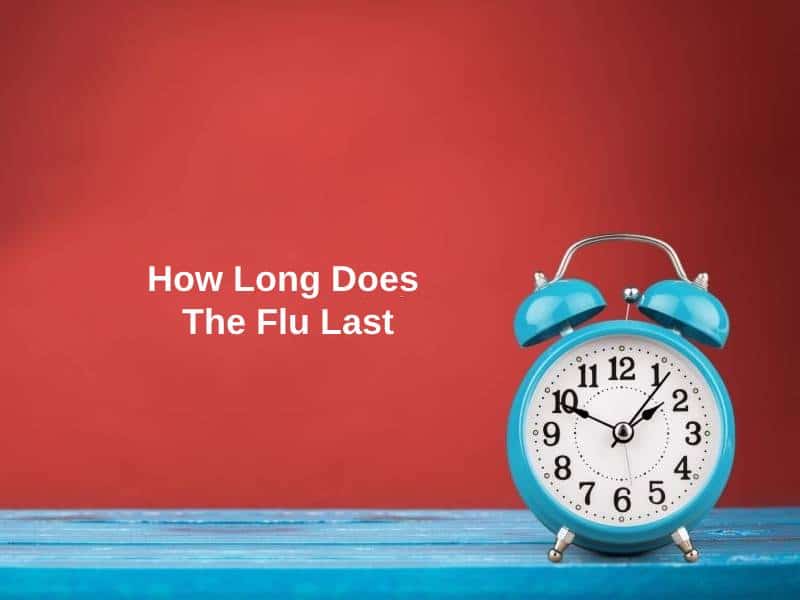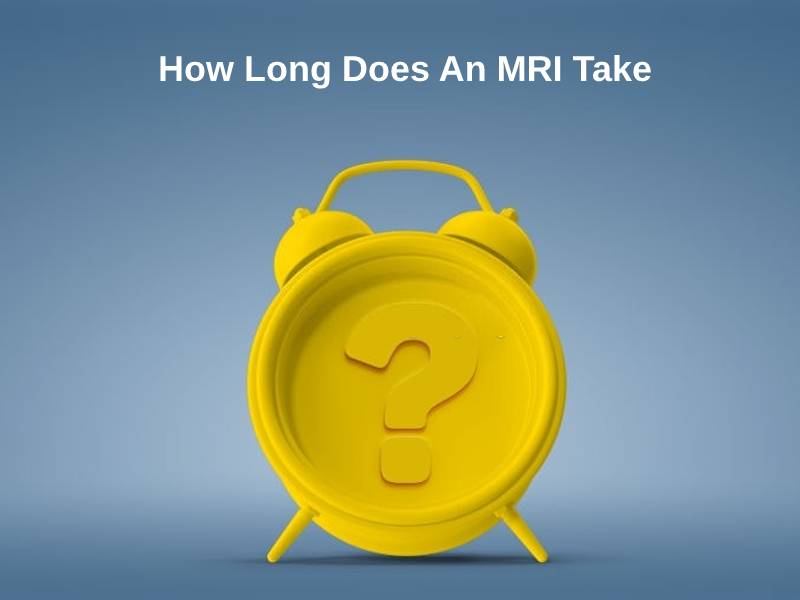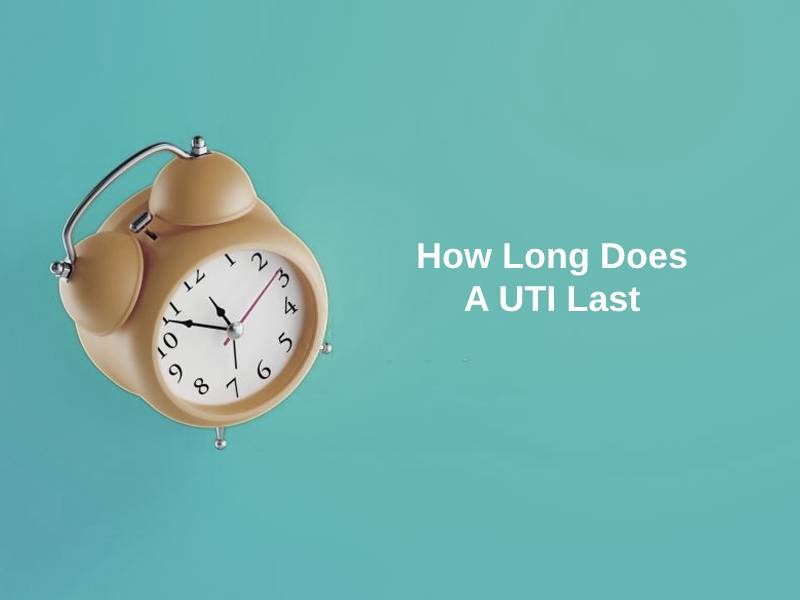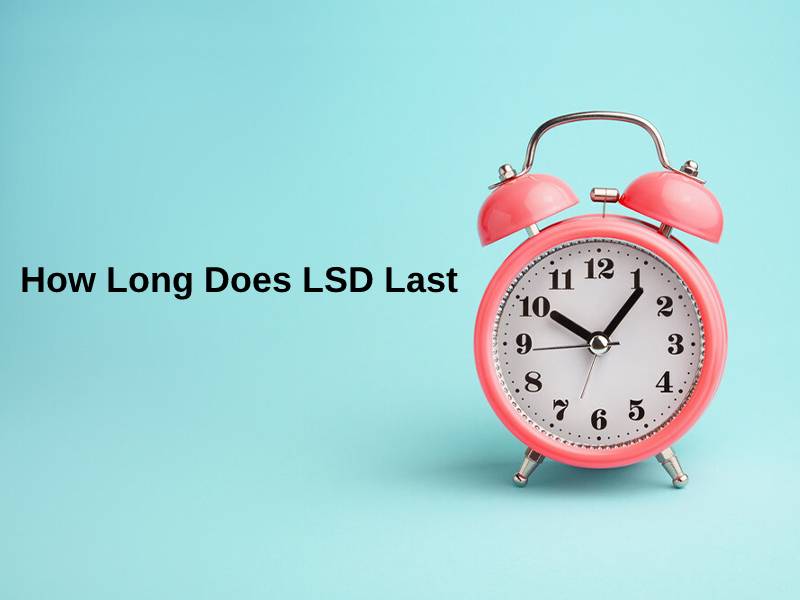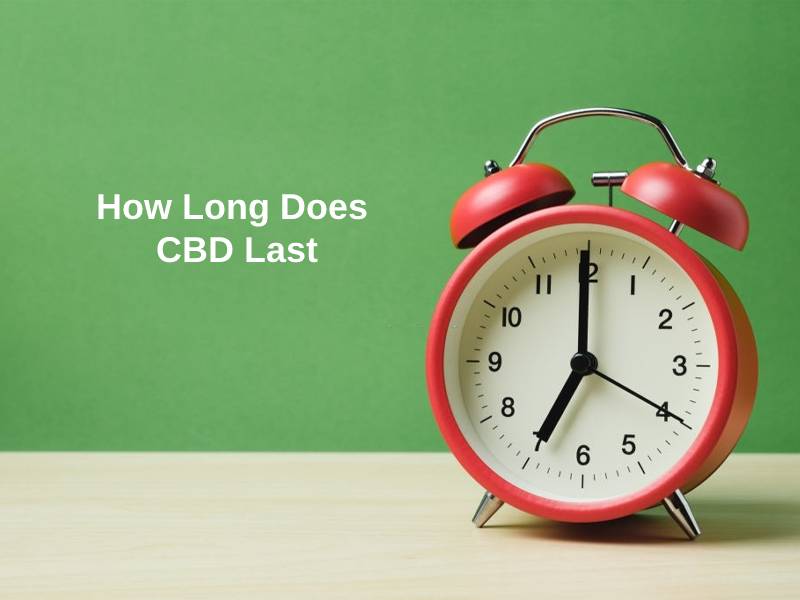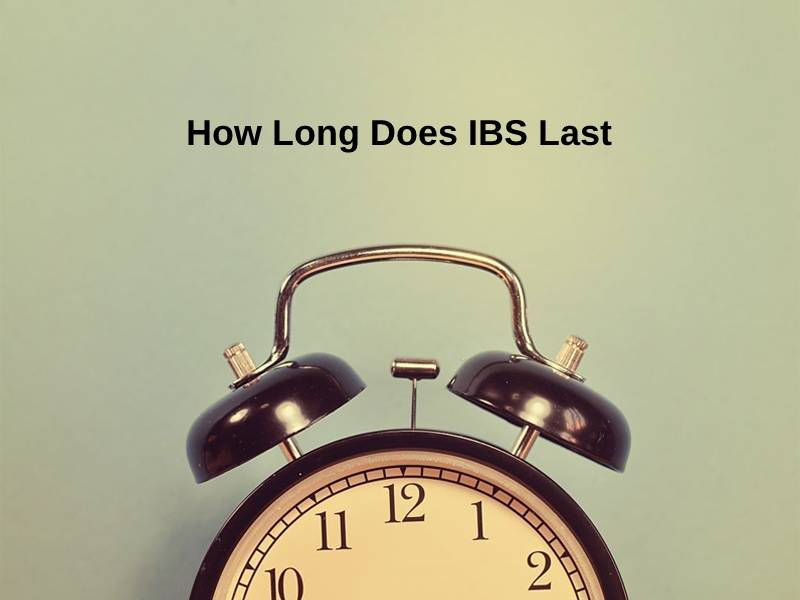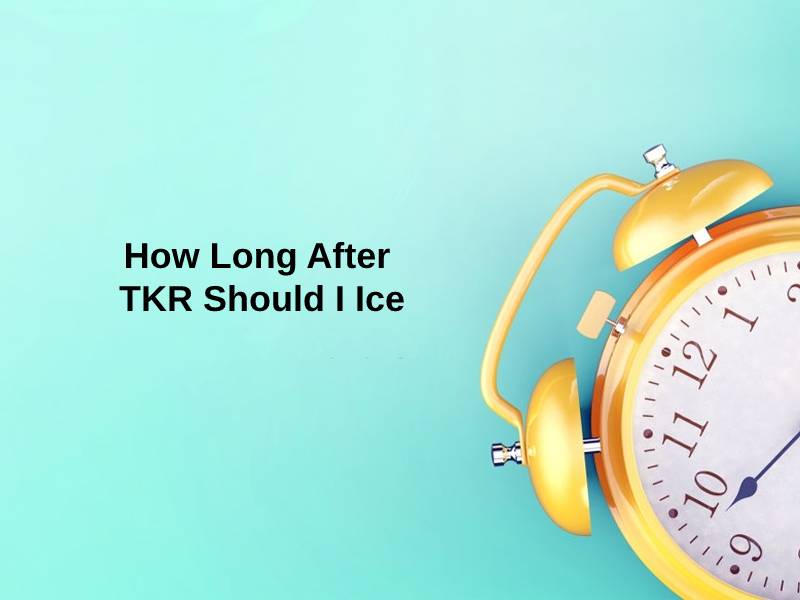Exact Answer: Up to 6 weeks
The IVF process is done to fertilize an egg with the help of sperm but outside the body and in a test tube. The success chances in IVF depend on the age of the person. In In-Vitro Fertilisation (IVF) process helps in the conception of both sperm and egg in a laboratory. This process is mainly done when the sperm fails to reach the egg naturally.
This process would be successful against health disorders such as tube blockages, scarring, and mild sperm issues. The ovary is stimulated to form natural and mature eggs for the success of IVF. Then the egg is used for fertilization, using the donor’s sperm or the sperm of her partner. The whole IVF cycle would take around 6 weeks to end.
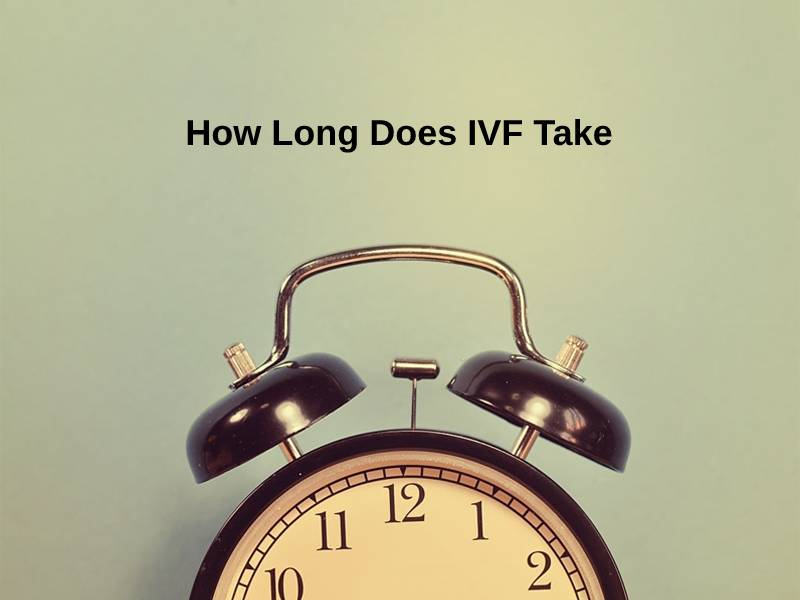
How Long Does IVF Take?
| In-Vitro Fertilisation Process | How Long Does IVF Take |
| Minimum time | 3 weeks |
| Maximum time | 6 weeks |
The length of the IVF cycle would be around 6 weeks depending on the pregnancy signals. The woman has to wait for extra two weeks after the embryo is transferred into the body, before taking the pregnancy test. After the test, it can be cleared about the results of pregnancy. Anybody doing IVF will have to visit the medical center 6 to 8 times. Mainly the person has to go through the following phases:
Consultation with doctor
Injection teaching (with the nurses)
Stimulation monitoring
Retrieval of egg
Transfer of embryo
Counseling
Pregnancy scan
Taking rest after egg retrieval would be good for the success chances. Always follow the routine of rest and activities according to the suggestion of the doctor. There is no such proof about the failure of IVF if someone goes to work.
The chances of getting pregnant can be affected by the habits such as smoking, drinking, excess body weight, drug abuse, and unnecessary food habits. The women above 40 and under 42 should go for 1 cycle of IVF if trying for 2 years or more. Women trying for 2 years or more, under 40 years of age may require 3 full cycles of IVF.
Why Does IVF Take This Long?
There are some conditions and factors that will influence the consequences of IVF and would make the process lengthier.
The person should be healthy for a successful IVF result. Sometimes, unhealthy people may not get pregnant easily and it may take a lot of time. The medical center would do some tests. In this test, everything would be covered. Starting from the genetic factors to the blood sugar level, everything would be checked before IVF.
There will be some medical complications that require a lifestyle change and this can help in an easier conceiving process. The 90-day perception health regimen is a new addition to the IVF. This will make sure the person is doing all the necessary things to be healthy.
This program includes an increase of water content, sound sleep, eating properly and a traditional diet, no bad habits, and prenatal vitamins. Fitness is a vital criterion to be fulfilled before starting the cycle of IVF. The person has to be physically fit to conceive a healthy child.
There are 4 stages of IVF that make this process this lengthy. These are:
Stage 1- The women before starting with IVF should take oral contraceptives. This will increase the number of eggs available for fertility. Generally, women should take contraceptives before 10 to 14 days of the IVF process.
Stage 2- Th fertility medication injection is given to the IVF patients for 9 to 11 days after stage 1 is done. This stage is also known as fertility medication (stimulation).
Stage 3- This stage includes the egg retrieval process. In this stage, the egg is sent to the laboratory for fertilization. The embryologist would observe the fertilization and division of eggs for 5 days.
Stage 4- The last stage is the transfer of the embryo on the fifth day. The whole procedure of embryo transfer would take around 25 to 30 minutes. After the procedure, the waiting period starts to see the implants of the embryo in the uterus, and it would take around 10 days.
Conclusion
Don’t do the pregnancy test quickly after stage 4. Wait for the right time and then do the test. The poor ovarian response can be a cause to delay the IVF process. A good hormonal level is vital for having a successful IVF process. Hormonal imbalance can delay the conceiving period.
If someone is required to do genetic testing before the transfer of the embryo, then it will delay the IVF process.





